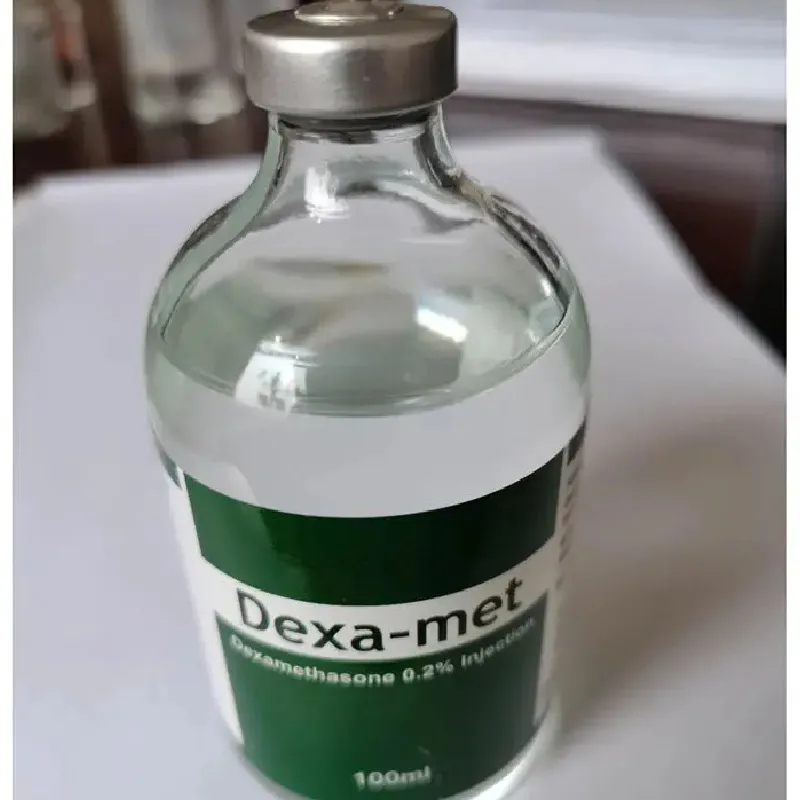- Afrikaans
- Albanian
- Amharic
- Arabic
- Armenian
- Azerbaijani
- Basque
- Belarusian
- Bengali
- Bosnian
- Bulgarian
- Catalan
- Cebuano
- Corsican
- Croatian
- Czech
- Danish
- Dutch
- English
- Esperanto
- Estonian
- Finnish
- French
- Frisian
- Galician
- Georgian
- German
- Greek
- Gujarati
- Haitian Creole
- hausa
- hawaiian
- Hebrew
- Hindi
- Miao
- Hungarian
- Icelandic
- igbo
- Indonesian
- irish
- Italian
- Japanese
- Javanese
- Kannada
- kazakh
- Khmer
- Rwandese
- Korean
- Kurdish
- Kyrgyz
- Lao
- Latin
- Latvian
- Lithuanian
- Luxembourgish
- Macedonian
- Malgashi
- Malay
- Malayalam
- Maltese
- Maori
- Marathi
- Mongolian
- Myanmar
- Nepali
- Norwegian
- Norwegian
- Occitan
- Pashto
- Persian
- Polish
- Portuguese
- Punjabi
- Romanian
- Russian
- Samoan
- Scottish Gaelic
- Serbian
- Sesotho
- Shona
- Sindhi
- Sinhala
- Slovak
- Slovenian
- Somali
- Spanish
- Sundanese
- Swahili
- Swedish
- Tagalog
- Tajik
- Tamil
- Tatar
- Telugu
- Thai
- Turkish
- Turkmen
- Ukrainian
- Urdu
- Uighur
- Uzbek
- Vietnamese
- Welsh
- Bantu
- Yiddish
- Yoruba
- Zulu
ئۆكتەبىر . 17, 2024 12:19 Back to list
Effective Disinfectants for Equine Health and Hygiene in Horse Care Practices
Disinfectants for Horses Importance and Recommendations
Maintaining a clean and sanitary environment for horses is crucial in promoting their health and preventing the spread of infectious diseases. Disinfectants play a vital role in this effort. They are essential for cleaning stables, grooming tools, and equipment, as well as for managing any potential outbreaks of disease. This article will discuss the importance of disinfectants in equine care and offer recommendations for effective use.
Importance of Disinfectants
Horses are susceptible to a variety of infections, some of which can be contagious to other horses. Diseases such as strangles, equine influenza, and other viral and bacterial infections can spread rapidly in stables or during events where multiple horses are present. Using appropriate disinfectants can significantly reduce the risk of disease transmission.
Moreover, the use of disinfectants is not limited to disease prevention. By maintaining a clean environment, horse owners can reduce instances of skin infections, respiratory issues, and other health problems associated with a dirty environment. Regular disinfection can also help control pests, such as flies and rodents, which can carry diseases harmful to horses.
Types of Disinfectants
There are several types of disinfectants available for equine use, each with its own unique properties and effectiveness. The most common categories include
1. Quaternary Ammonium Compounds (Quats) These are effective against a broad spectrum of microorganisms. Quats are non-corrosive and relatively safe for use around horses when used according to label instructions. They are often used for cleaning stalls and surfaces.
2. Phenolic Compounds These disinfectants are potent against viruses and bacteria. However, they can be irritating to the skin and respiratory system of horses, so they should be used with caution. It is important to allow sufficient ventilation and ensure that horses are removed from the area during application.
3. Chlorine-Based Disinfectants Products like bleach are effective for disinfecting surfaces but can be harsh on materials and harmful to horses if ingested or if vapors are inhaled. They should be diluted properly and used with caution.
disinfectant for horses

4. Oxidizing Agents Hydrogen peroxide and peracetic acid are examples of oxidizing agents that provide effective disinfection. They break down organic matter and are generally safe when used correctly. However, they may require longer contact times to achieve full efficacy.
Recommendations for Use
When using disinfectants in equine care, several best practices should be followed
1. Clean Before Disinfecting Always clean surfaces to remove dirt and organic matter before applying disinfectants. This enhances the effectiveness of the disinfectant.
2. Follow Label Instructions Different disinfectants have varying application methods and contact times. Always read and follow product instructions to ensure effectiveness and safety.
3. Consider Safe Practices Ensure that horses are securely tied or removed from areas where disinfectants are being applied. Allow adequate time for surfaces to dry and for any harmful fumes to dissipate before reintroducing horses.
4. Regular Schedule Implement a routine disinfecting schedule, especially in high-traffic areas or after new horses are introduced to the barn.
5. Evaluate Product Effectiveness Not all disinfectants work equally well against all pathogens. Therefore, it's essential to choose a disinfectant suitable for the specific needs of your environment.
In conclusion, the use of disinfectants is an integral part of equine health management. By understanding the types of disinfectants available and following best practices, horse owners can create a healthier environment that minimizes the risk of disease and promotes overall well-being for their animals. Regular attention to hygiene can make a significant difference in the health and longevity of our equine companions.
-
Guide to Oxytetracycline Injection
NewsMar.27,2025
-
Guide to Colistin Sulphate
NewsMar.27,2025
-
Gentamicin Sulfate: Uses, Price, And Key Information
NewsMar.27,2025
-
Enrofloxacin Injection: Uses, Price, And Supplier Information
NewsMar.27,2025
-
Dexamethasone Sodium Phosphate Injection: Uses, Price, And Key Information
NewsMar.27,2025
-
Albendazole Tablet: Uses, Dosage, Cost, And Key Information
NewsMar.27,2025













